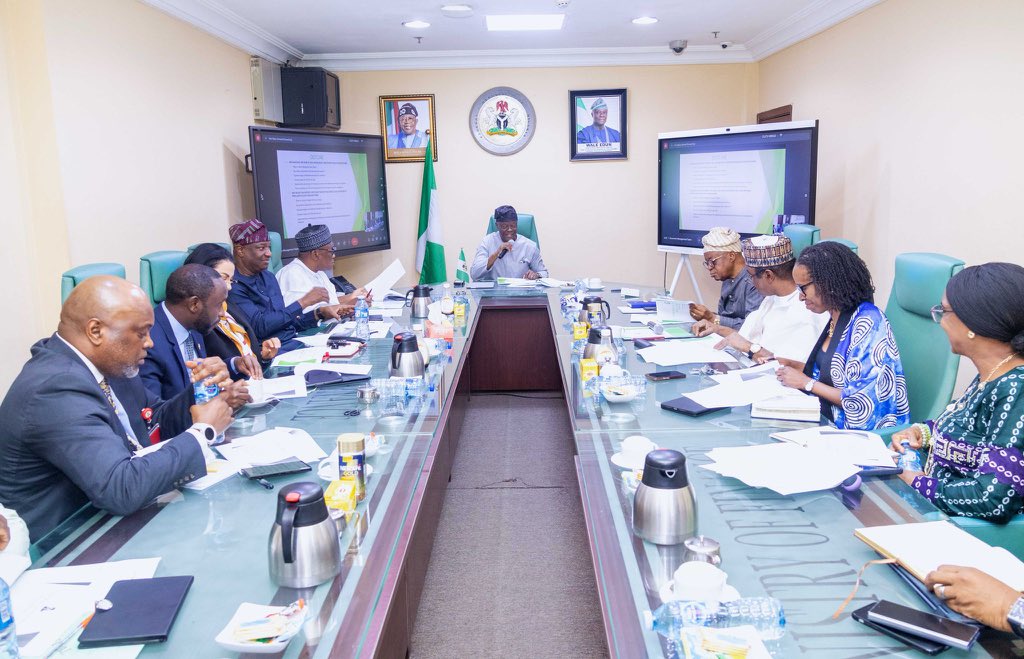The Federal Government of Nigeria has commenced a comprehensive review of its trade and investment priorities as part of efforts to reposition the nation’s economy amid global economic shifts and emerging trade challenges. The move followed a high-level meeting of the Economic Management Team (EMT) held in Abuja and chaired by the Minister of Finance and Coordinating Minister of the Economy, Mr. Wale Edun.
During the meeting, top officials from key economic ministries and institutions deliberated on the country’s current trade policies, global market dynamics, and investment frameworks. The team resolved to implement strategic, market-oriented reforms aimed at enhancing private sector participation, stimulating non-oil exports, and creating a resilient economic environment.
A key item on the agenda was Nigeria’s response to the recent proposal by the Office of the United States Trade Representative (USTR) to impose a 14% tariff on Nigerian exports. The EMT discussed the implications of the proposed trade action, particularly its potential impact on Nigerian businesses and exporters. It also examined the state of bilateral relations with the United States, following recent diplomatic engagements in Washington D.C. and discussions held at the U.S.-Africa CEO Forum in Abidjan.
To guide its response, the EMT has constituted a sub-committee with the mandate to conduct a thorough assessment of the economic impact of the proposed U.S. tariffs, as well as the ongoing volatility in global commodity prices. The sub-committee comprises officials from the Ministry of Finance, Ministry of Budget and Economic Planning, and the Central Bank of Nigeria, among others.
Speaking on infrastructure priorities, the Minister of Transportation, Senator Said Alkali, presented a revised budget framework with a focus on upgrading Nigeria’s logistics and transportation networks to ease trade-related bottlenecks and boost productivity.
The EMT also reviewed Nigeria’s trade facilitation mechanisms and investment policies, highlighting the need for streamlined processes, investor-friendly regulations, and the development of targeted incentives for sectors with high growth potential.
This latest move reflects the Tinubu administration’s broader economic agenda to diversify the economy, deepen foreign investment inflows, and ensure macroeconomic stability. The EMT reiterated its commitment to working collaboratively with both local and international partners to create an enabling environment for sustainable economic growth.
As Nigeria continues to navigate the complexities of a shifting global trade landscape, government officials maintain that decisive, data-driven policy action will be crucial to securing the nation’s long-term economic competitiveness.
